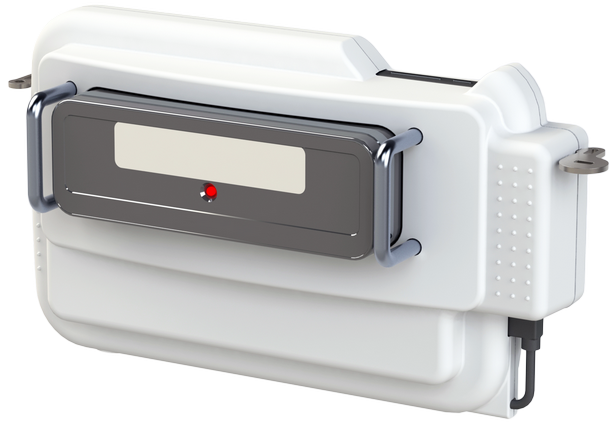How Professionalism Helps You Put Your Patient’s Care & Safety First

The following guest post on patient safety was submitted by Hannah Whittenly.
Medical professionals are expected to live up to certain standards. As expert caregivers, their patients expect them to be objective, knowledgeable, sympathetic, and detail-oriented. It isn’t easy in some situations or over the course of a long shift, but maintaining professionalism is important to productive interactions with colleagues and patients. Here are some ways it affects the quality of the treatment patients are receiving.

Respect for Patients
Patients can experience a range of emotions. They can be disrespectful or abusive to their own caregivers, particularly nursing staff. It’s important to remember that the patient needs help. Nobody likes to be the target of someone else’s stress, but a patient may be going through a difficult time whereas a professional is doing a job objectively. Professionalism means self-restraint. Empathy and respect for patient dignity are essential to good care.
Team Work
Hospital staff is part of a team, which can include everyone, 24 hours a day. The team should be focused on providing the best patient care. That’s hard to do if there’s even one team member that’s consistently rude, tardy, or demanding. Any healthcare organization is committed to making money by ensuring that efficient treatments take place. That isn’t possible if the team doesn’t work well together. Professionals accept their responsibility to each other, and that’s the best environment for the patient—it also ensures that they are in a safer atmosphere.
Appearance
Everyone recognizes that visual information forms our initial judgment of new people, particularly when it comes to healthcare. Hospitals are associated with cleanliness and dedicated highly trained staff. A clean and professional caregiver inspires immediate confidence in the patient. Looking slovenly and unkempt tells patients that this individual is unhygienic, lazy, or just doesn’t care. A patient that has no confidence in a caregiver makes it much harder for the team to do its job. Not only that, but the confidence that a patient has in you will make them calmer and more responsive to treatment
Career
Maintaining a professional attitude and sense of duty can mean a lot to patients and coworkers, but in a competitive field, it won’t necessarily earn the opportunity to provide better care in a supervisory role. Advancements in education, such as getting your online bachelor’s in nursing, will help to further a medical career. It will require greater demands on personal time, but an online nursing degree is the best chance to fit coursework into a busy schedule. Superior knowledge makes it possible to provide superior care.
Patient care and safety are always the primary concern. The ability to provide them consistently and professionally will add greater value to the organization and the community.
Hannah Whittenly is a freelance writer and mother of two from Sacramento, CA. She enjoys kayaking and reading books by the lake.









Leave a Reply
Want to join the discussion?Feel free to contribute!